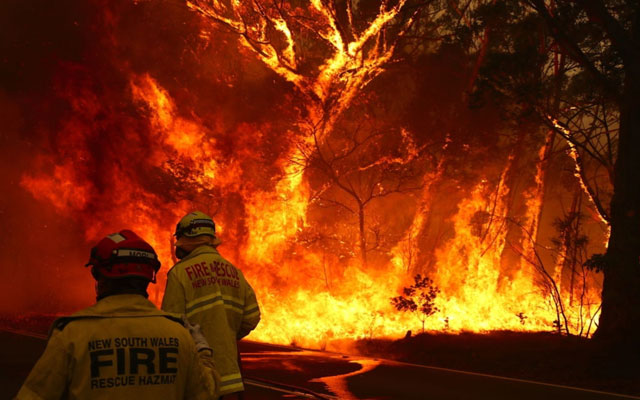
The drop in inbound tourism traffic in the aftermath of the Australian bushfires will cost the industry an estimated A$4.5 billion (US$3.1 billion) loss, according to a survey by Australian Tourism Export Council (ATEC).
Revealing that the overall status of forward bookings has softened significantly compared to this time last year, ATEC estimated that tourism will see at least a 10 per cent decline in international visitor numbers.

“ATEC undertook a survey of its members who represent both Australian-based tourism businesses as well as inbound tour operators – the people who sell Australian travel in-market – with 70 per cent of respondents recording significant cancellations of travel to Australia by internationals,” ATEC’s managing director Peter Shelley said.
He added that the value of cancellations seen by tourism businesses and tour operators range from A$5,000 to A$500,000, with significant impacts seen across key inbound markets such as the US, UK, and Europe.
Fears around air quality, safety, and the impact fires have had on the country’s tourism offerings, coupled with uncertainty around the length of recovery, are reasons why foreign tourists are cancelling trips, noted ATEC.
“The bushfires have impacted at a significant time for international bookings, with the booking window for around 50 per cent of the UK, European and the US travellers typically captured from these markets between December and the end of February,” Shelley said.
As such, a positive campaign highlighting that Australia is “open for business” needs to be at the core of Australia’s bushfire recovery initiatives, urged ATEC.
To aid in the sector’s recovery, the Australian government announced an A$76 million industry-specific bushfire recovery fund over the weekend, a move that ATEC welcomes.
“Timing is now of the essence with key booking windows from our larger international markets closing towards the end of February, therefore engaging these markets in the short term, especially via the established tourism trade channels will be critical,” Shelley said.
“While Australians understand the extent of the bushfire damage, and have already been keen to re-engage and support the affected areas, we need to work hard to positively influence the narrative around our global reputation as a leading tourism destination.”
Shelley added that the tourism industry the “economic backbone” of many regional communities impacted by recent bushfires. As such, ATEC is getting behind them by promoting products around Australia that are open for business and ready to welcome international visitors through its social media campaign #bushfirebounceback.



















